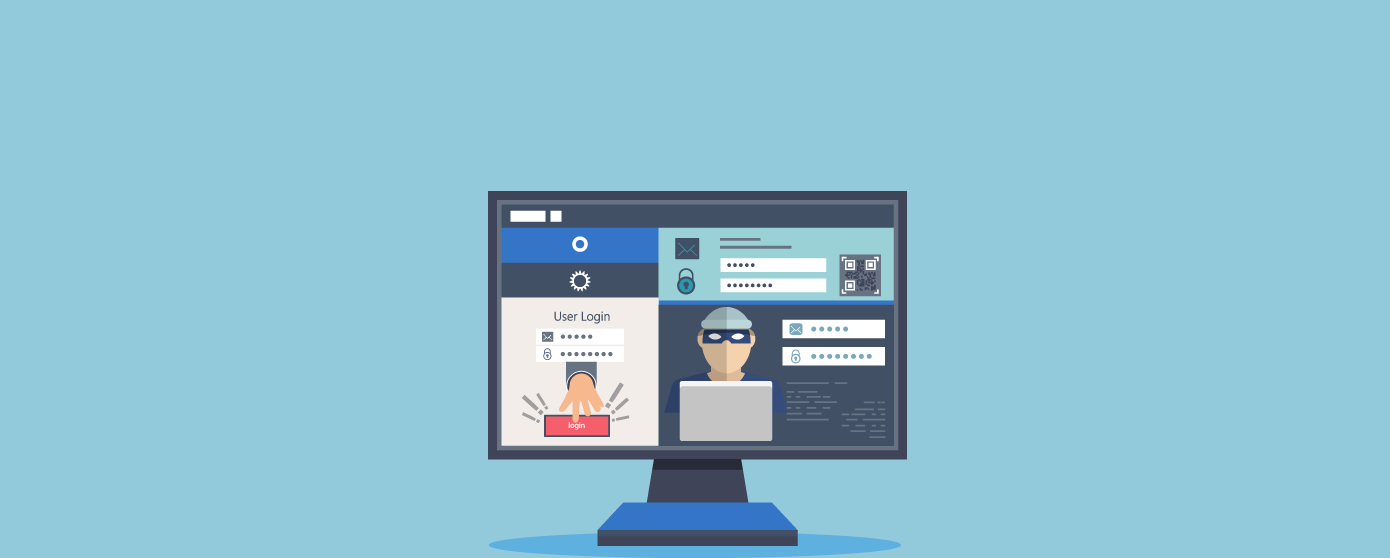
Website hacking has become very common, regardless of the size, scale, or nature of the organizations. Hackers are stealing 75 records per second and creating 300,000 new pieces of malware every day. Over 1 million WordPress websites are predicted to have been hacked in 2020 alone. On average, 30,000 websites are hacked every day, most of which are known to belong to legitimate, small businesses.
Despite these alarming facts on website hacking, many businesses continue to believe that somehow, they will not be hacked, that there is no reason for hackers to target their websites. Attackers are constantly crawling and snooping around websites to identify vulnerabilities to infiltrate the website and do their bidding. While many website hacks are driven by a financial motive, there are several other reasons why attackers may be interested in hacking a website.
In this article, we enable you to understand all the reasons that someone would hack your website and ways to stop website hacking.
Data suggests that 86% are motivated by money! Hackers can make substantial sums of money by hacking even websites selling cupcakes or belonging to small, localized businesses. How?
Misusing data: Hackers could gain access to sensitive user data through phishing and social engineering attacks, malware, brute force attacks, and so on. Using the stolen data, they could engage in financial fraud, identity theft, impersonation, etc. to transfer money from the users’ bank accounts, apply for loans with the stolen credentials, file for federal benefits, create scams through fake social media accounts, and so on.
Selling data on the dark web: Data is the new oil and hackers stand to make massive amounts of money through the sale of user/ business data on the dark web. Cybercriminals simply purchase stolen data and leverage it for orchestrating scams, identity thefts, financial fraud, and so on. Scammers tend to purchase such data to craft personalized phishing messages or highly targeted ad fraud.
SEO Spam: Spamdexing or SEO Spam is a highly profitable method used by hackers to reduce the SEO rankings of a website and rerouting legitimate users to spam websites. This is done through the injection of backlinks and spam into the user input fields on the website. By redirecting users to spam websites, the hackers could steal data, gain access to credit card information through illegitimate purchases, etc.
Spreading Malware: Hackers often hack websites to spread malware including spyware and ransomware to website visitors. They could be spreading malware for their own benefit (blackmail companies to pay a ransom, selling patented information, etc.) or for other cybercriminals, competitors, or even nation-states. In either case, they make large sums of money.
Selling Malware: Hackers also write code for various types of malware (trojans, rootkits, viruses, scareware, etc.) for selling on the dark web to cybercriminals to make money.
Through website hacking, attackers may simply want to render a website useless or make it unavailable to legitimate users. DDoS attacks are the best example of service disruption by attackers. Hackers could use this as a smokescreen for other illegal activities (stealing information, modifying websites, vandalism, money extortion, etc.) or simply shut down the website or reroute web traffic to competitor/ spam websites.
Some companies hire hackers to steal confidential information (business/ user data, trade secrets, pricing information, etc.) from competitors. They also leverage web hacking to launch attacks on targeted websites. They could leak confidential information or make the website unavailable to damage the reputation of the competitor.
In some cases, hackers are not motivated by money. They simply want to make a point – social, economic, political, religious, or ethical. They leverage website defacements, ransomware, DDoS attacks, leaking confidential information, etc. to do so.
Often, nation-states hire hackers to orchestrate political espionage or cyber warfare on rival nation-states, political opponents, etc. Web hacking is used for everything from stealing classified information to causing political unrest to manipulating elections.
Hackers could also engage in hacking for their own amusement, personal revenge, just proving a point or plain boredom.
The Way Forward: How to Secure my Website from Hackers?
Given the enormous cost of website hacking on the finances and reputation of the organization, you cannot leave it up to chance or live with a false sense of security that your website will not be hacked. It doesn’t matter if a website belongs to a Fortune 500 company, a charity, or a local florist; every website is at risk of being hacked.
The underlying reason why hacks happen is a lack of proper security. By taking proactive measures, organizations can secure websites from hackers. Invest in robust, intuitive, and comprehensive security solutions like AppTrana to ensure an always-available and high-performing website!
This post was last modified on January 2, 2024 17:33
Explore crucial tactics like Asset Inventory, Patch Management, Access Control & Authentication, and additional best… Read More
Delve into the data privacy questions including consent protocols, data minimization strategies, user rights management,… Read More
Secure Node.js APIs using best practices: Employ proper HTTP methods, robust authentication, and API-specific security… Read More